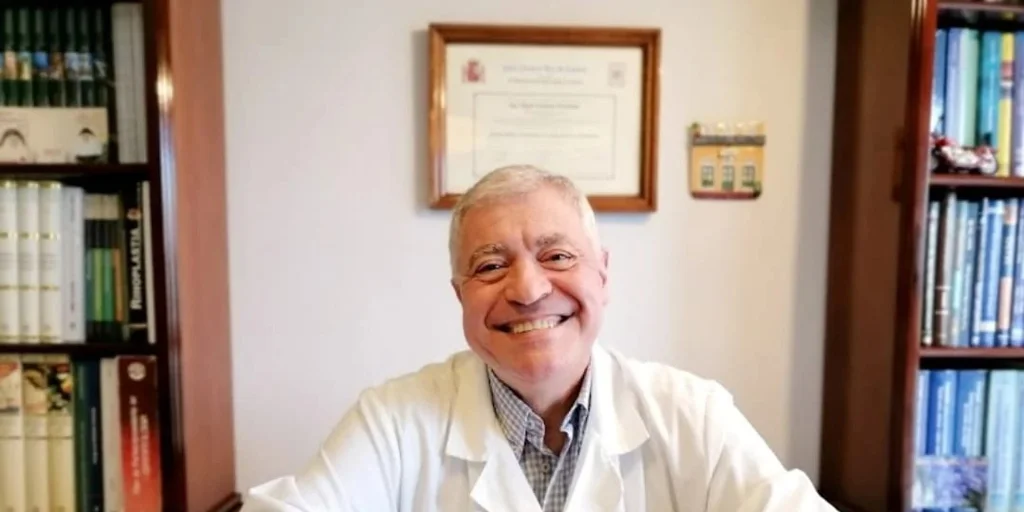
When someone is scheduled for surgery, it’s common to see all sorts of advice. The following are some of the things that many smokers hear: “It’s best to quit smoking before surgery.”. However, surgeon Miguel Saldaña, known on TikTok as @drmuguelsaldana, announced: … Recently, there was a video talking about this topic and its content, which surprised me at first. Smoking is not recommended A few days before surgery.
His position has nothing to do with defending the habit of smoking – he himself recognizes that quitting cigarettes is beneficial – but rather with explaining the reasons for quitting at the last minute. May complicate more than it helps.
Problems with nervousness and withdrawal just before entering the operating room
Saldaña points out that when a person suddenly stops smoking, two effects appear almost immediately. The first one is Withdrawal syndromeThis is usually accompanied by nervousness, irritability, and constant restlessness. This, combined with the natural tension caused by surgery, can make the days leading up to surgery a particularly uncomfortable time.
As surgery approaches, it is not uncommon for patients to arrive already with some degree of anxiety. Add sudden changes like quitting smoking on the spot it only increases stressyes.
Cough after quitting smoking
The second point mentioned by the surgeon is perhaps the most important. When you stop smoking, your body begins to “cleanse” your lungs. That is, for several weeks Increased secretions and cough Although this is normal, it can be very annoying.
And that’s the problem, that cough. The postoperative period can be significantly complicated. Procedures that involve suturing, scarring, and tenderness in the abdomen or chest are affected if the patient cannot avoid coughing frequently. Saldaña said the cough can increase pain and impede recovery.
timing issue
Saldaña’s point is that if you’re planning to quit smoking, must be done in timenot a few days before surgery. While quitting smoking remains one of the healthiest decisions you can make, Saldaña explains that the moment you make that choice directly impacts your surgical and recovery experience.
In general, many experts recommend quitting smoking. 4 to 8 weeks before intervention. This leeway allows patients to arrive in the operating room in a better condition because their bodies are already past the coughing stage and their anxiety levels have stabilized.
However, the safest recommendation is always Consult directly with your surgeon or anesthesiologist. Each case is different and some operations may appear differently. The important thing is not to make decisions without professional guidance.



